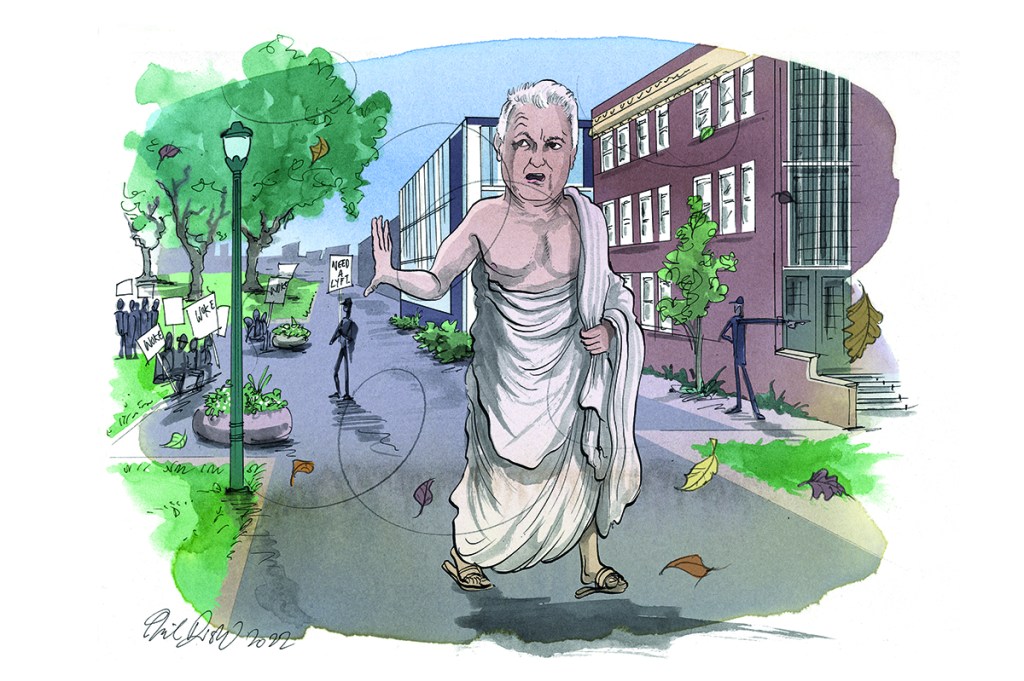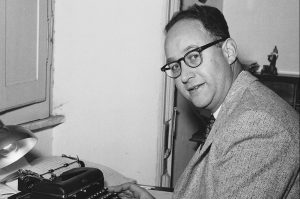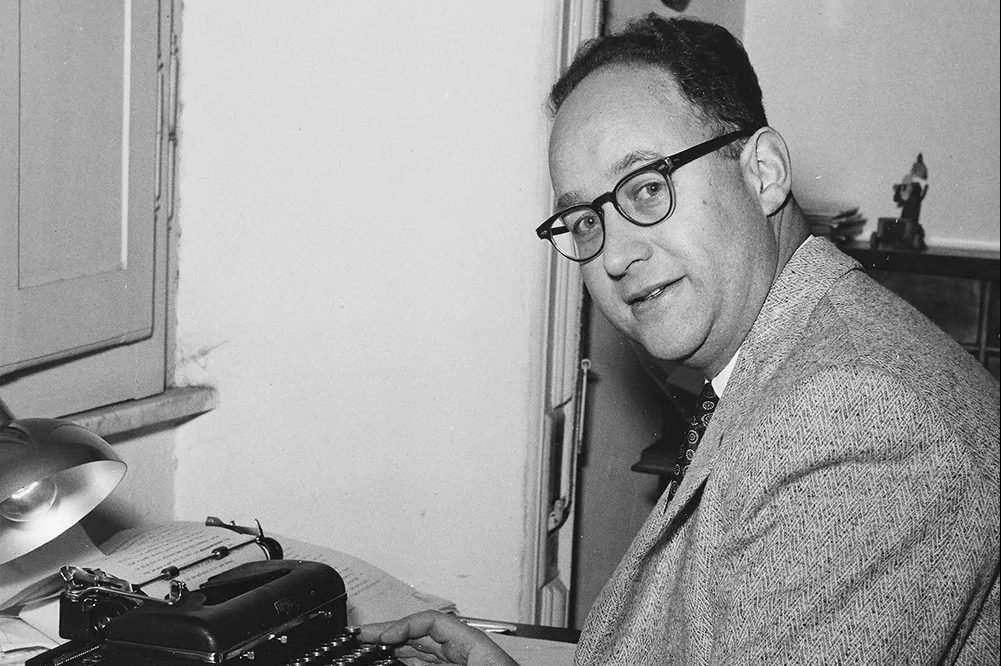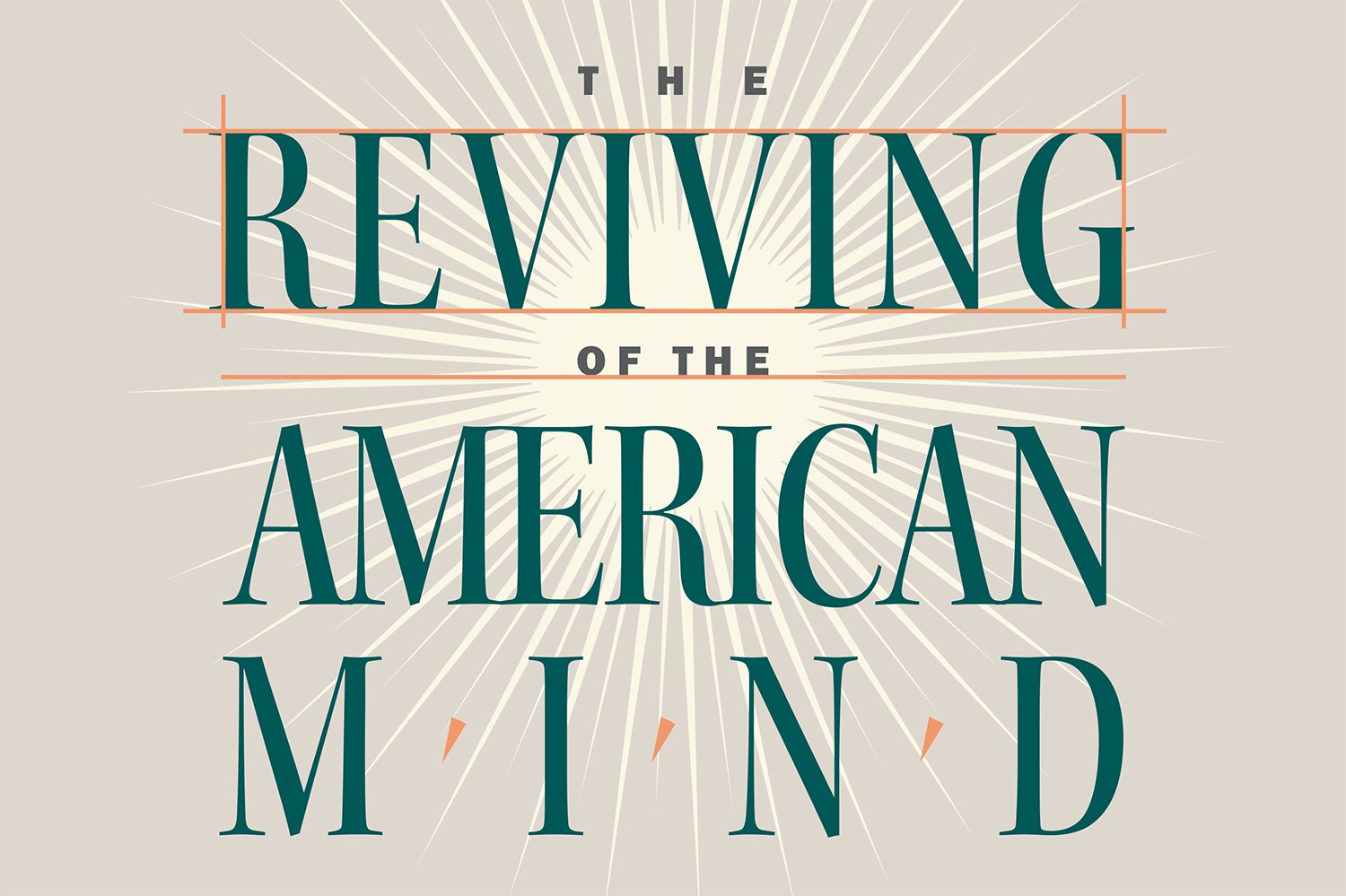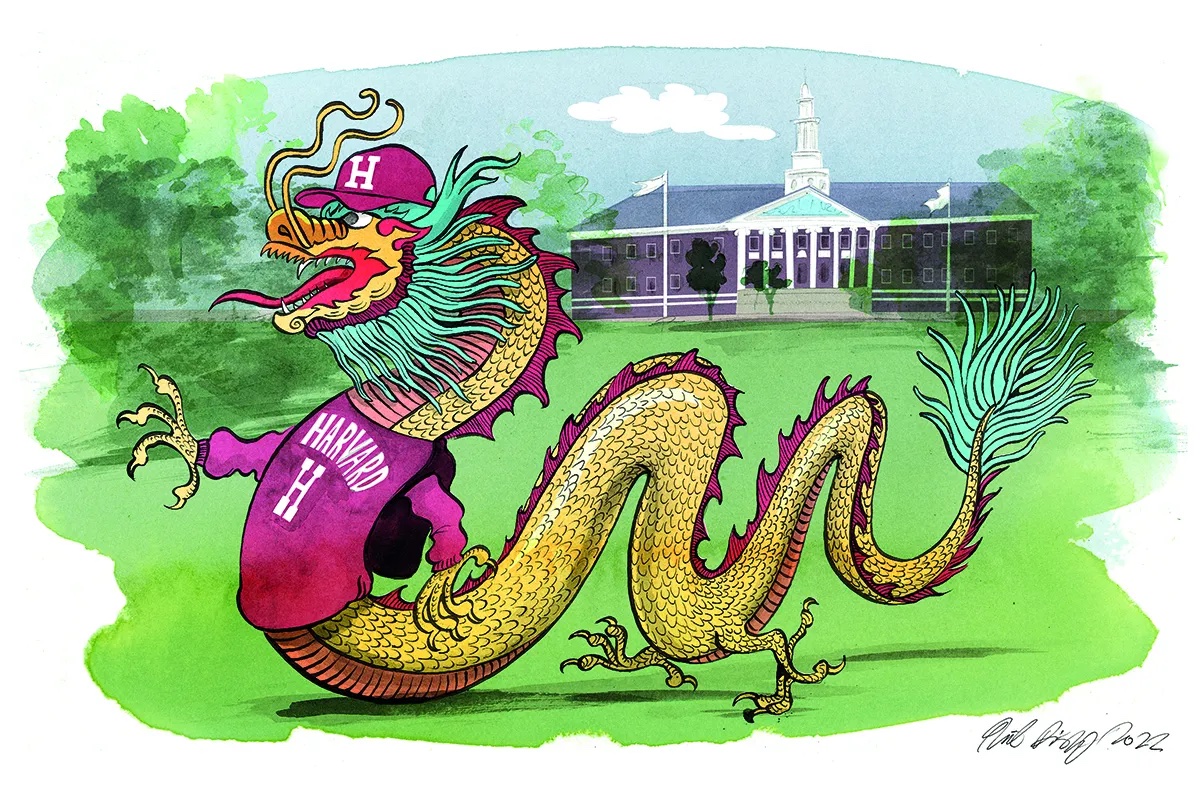The prospect of my meeting with Peter Boghossian seemed to have angered the gods, so furious was the disruption to road and rail as I tried to make my way from Seattle to Portland. Torrential rain and flash floods summoned a ricochet of mudslides which abruptly terminated my Amtrak journey in Centralia, a middle-of-nowhere town in Washington State. There was no rail in either direction for at least forty-eight hours, no buses and seemingly just one Lyft — which I managed to slip into an hour later with a few other stranded passengers.
Or perhaps it was the anger of very particular gods that rule over the Pacific Northwest, that hotbed of wokeness so concentrated you can feel it like toxic humidity in the air. As I rode in the Lyft, I wondered how an empiricist and devout follower of Socrates like Boghossian had survived as long as he had, teaching undergraduates at Portland State University.
My Lyft contained a twenty-six-year-old trans woman currently living in Guadalajara, Mexico who had returned to the US, she said, to work as a “full-service escort.”
“Oh, what does that entail?” I asked, as delicately as possible.
“I’m a prostitute,” she explained. There was also a fifty-something woman with a cowboy hat and flexible sexual preferences, and, buried under a huge pink cello case, the peppy, very sweet African-American student at the University of Portland who had summoned the Lyft. She (as I had assumed) defined as non-binary, immediately declared her pronouns (“they”) and informed us merrily that they worked as a stripper not for pocket money but for pleasure.
“I love stripping, man, it’s so much fun,” they said, though they added that they found it annoying being confined before their act to the “minor cage” (the holding pen): under-twenty-ones aren’t allowed on the floor where drinks are being served, because underage exposure to alcohol is deemed more corrupting than exposing yourself to strangers for money.
The trans prostitute was courteous but touchy, with an almost preternatural ability to scent the possibility of offense or oppression, while the Lyft-orderer, in addition to stripping and TikToking, was, they said, “an empath” who hated “energy vampires” and was into “witchy stuff.” Nods all round.
I reported this scene to Boghossian over Bloody Marys and beer on the heated patio of a cozy brewery in southeast Portland, and he smiled knowingly. Boghossian is strong-looking, compact and intense, with gray hair, large dark eyes, a boyish demeanor and a tough, bro-like way of speaking that is disconcerting at first but becomes endearing. These days, he said, the objectively knowable has been replaced by “the turn to subjectivity, to ‘lived experience,’ where the more oppressed you are, the more you know.” Boghossian describes his place in that hierarchy as a straight, white male: “I see the world in grayscale. You, a woman, you get a little more color, say white. If you’re gay, maybe you see it in red. You’re Asian, you see it in pink. You’re trans, though, and maybe you get two extra colors.” He is, of course, right: the balance of authority in the Lyft was palpably weighted toward the sexual nonconformists, while I felt I ought to keep as quiet as possible.
Raised in the Boston area by a Greek-Italian mother and an Armenian father whose parents escaped the Ottoman Turkish massacres (“so I got the whole genocide thing”), Boghossian is a friendly, garrulous man and a relentless educator. Within and outside the academy, he has asked “well over 100,000 people what they believe and why they believe it.” This leads him to conclude that people tend to form a belief and look for evidence to support it later. The woke worldview purports to be an incontrovertible support for “inclusion,” but is actually a vehicle for proclaiming personal virtue: a spiky, dangerous contraption bristling with hostility toward those keen on traditional methods of enquiry such as marshaling evidence, questioning orthodoxy and pursuing the truth. Boghossian knows this from his lived experience.
Boghossian was a professor of philosophy at Portland State for a decade. He taught classes on critical thinking, science and pseudoscience, the philosophy of education, knowledge, values and education, and atheism — before 2021, when an incessant series of investigations finally caused him to resign. In his resignation letter, Boghossian accused Portland State and the wider educational establishment of having “transformed a bastion of free inquiry into a Social Justice factory whose only inputs were race, gender, and victimhood and whose only outputs [are] grievance and division.”
The beginning of Boghossian’s drawn-out end was his involvement in a “grievance studies” scam. In 2007, he and two collaborators, James Lindsay and the British writer Helen Pluckrose, placed clearly ridiculous but ideologically faddish papers in peer-reviewed journals, most famously “The conceptual penis as a social construct” in Cogent Social Sciences in May 2017. This showed, he says, how academic journals, once the “imprimatur” of rigor, had become nothing more than fronts for what he calls “idea laundering.”
Portland State went to war, displaying, Boghossian says, “a pathological hatred of me.” After a baseless Title IX investigation whose trigger and evidence were never disclosed to him, Boghossian was told he was no longer allowed to offer his opinion about “protected classes” (a long list that includes race, religion, sexual identity, age, disability and veteran status) or “teach in such a way that my opinion about protected classes could be known.”
Boghossian’s own longstanding fondness for raising a finger to orthodoxy has led him into some interesting waters. When we met, he was about to head to Hungary, to take up a visiting senior fellowship at the Mathias Corvinus Collegium (MCC), Viktor Orbán’s flagship institute, to teach critical thinking — “against the advice of literally everybody I know.” Was he worried about the appearance of snuggling up with an illiberal democrat at an institution funded, critics say, to promote ultranationalism through stolen public funds?
No, Boghossian says, sipping the first of two salty, viscous Bloody Marys — I had encouraged him to switch from iced tea to soften the glares of the waitress; he tells me he’s trying to avoid sugar so won’t touch wine or beer. “I think as long as your North Star is the truth you’re fine. I don’t really give a shit about perceptions, I give a shit about what’s true. Even if it’s true that this is a horrible regime, isn’t that all the more reason to teach people how to think critically?” Boghossian always thinks it’s worth teaching people to think critically in all circumstances. As the title of his 2019 book How To Have Impossible Conversations implies, that includes fascists and their friends, who come in several flavors in Hungary, and Isis fighters. He hasn’t had the chance to meet them yet, but says “I’d love to!”
Boghossian has spent decades devoted to the Socratic method. Formalized by Plato in the late fifth century bc, this system coaxes out contradictions or irrationalities in belief through dialogue and questioning. It is “the most important thing man has ever discovered… Every intelligent spacefaring species anywhere in the universe would have to have it.” For his PhD, Boghossian worked with inmates at the Columbia River correctional institution in Portland. “I looked at various questions in the history of Western intellectual thought and I taught prison inmates how to think critically and reason morally. In other words, they used the Socratic method [not just] for how to ask questions of other people to figure out what’s morally true, but to ask questions of themselves. What does it mean to live a good life?” It worked. Tests suggested his students were less likely to respond violently to provocative stimuli after his lessons.
Boghossian is blisteringly blunt about the woke “capture” of institutions, which he calls the shift from Culture 1.0 to Culture 2.0. “In Culture 1.0 you had religious people in this country, you know, Christians and atheists, and they would fight over things like evolution, et cetera. But the first thing is they both agreed upon was the rules of engagement. The second thing they agreed was that there was a truth about the world and that it could be known.” Now, those norms of engagement have dissolved: civil debate and appeals to democratic, or even legal, channels, have been replaced by vandalizing, looting, ripping statues down, boycotting and sacking.
Boghossian calls this the Great Realignment, the arrival of a culture in which metaphysics (understanding the nature of being, knowing, time and space) is “just not important.” In this realigned worldview without an inner life, a staunch atheist like Boghossian has “more in common with the anti-woke Christian than I do with a woke atheist, because metaphysics just doesn’t play the same role. If someone believes Jesus walked on water that’s far less relevant than the fact that they want to do away with Miranda rights.” Now furiously sipping his Bloody Mary, Boghossian explains how the identitarian left has constructed an impenetrable system of logic. “It has sealed the epistemological bubble so their worldview is never challenged because even having a conversation with somebody [they disagree with] is platforming them. And so that pushes it further into delusion.”
Boghossian is a founding member of the highest-profile, most experimental response to these problems: the University of Austin (UATX). The university, an accredited, cancel-culture-free zone, was announced in early November. It cannonballed into the cultural ether, unleashing excitement and, from the establishment left, scathing mockery. Its president, Pano Kanelos (the former president of St. John’s College, Annapolis), said that UATX would be driven by the “fearless pursuit of truth.”
UATX starts teaching in summer 2022, with a series of “Forbidden Courses” covering debates on topics now verboten in traditional classrooms, from empire and race to gender. Boghossian tells me he’s contracted to be part of every single Forbidden Courses class, where he will expose students to his Socratic methods. But since last November’s fanfare, the lines have gone quiet.
The original list of founding trustees reads like a roster of the great and the good: apart from Boghossian, they included Robert Zimmer, the chancellor of the University of Chicago; the Harvard psychologist Steven Pinker, the former New York Times journalist Bari Weiss, the British historian Niall Ferguson and Spectator contributing editor Ayaan Hirsi Ali. But in November, Pinker and Zimmer broke off ties. Boghossian says there has been some Antifa vandalism of UATX buildings, and he isn’t sure what they’re planning to do by way of, for instance, dormitories.
I asked Pinker why he backed off but got no reply. So I ask Boghossian. “There are schisms within schisms,” he explains, philosophically.
The seeds of woke ideology have been in place on campus since the late 1960s. Why have they bloomed so disastrously now? We are, Boghossian says, now in the watershed moment when a critical mass of those who were “brainwashed” by postmodernism and poststructuralism in the decades after 1970 have ascended to the top of the ivory tower. But it goes beyond higher ed, he says. “There’s a crisis of legitimacy in our institutions. I’ve been screaming about it for years,” Boghossian says. It includes the police, the “legacy media” and the medical establishment.
I ask Boghossian about his daily routine these days, now that he isn’t teaching. He stays up late and wakes late, around 10 a.m. and does some exercise (he has a purple belt in jujitsu and a black belt in stick and knife fighting, though Covid interrupted his training). Before afternoons of nonstop meetings and media appearances, he works on his manuscript. It’s a children’s book, a fun-sounding corrective to the likes of Ibram X. Kendi’s Antiracist Baby. Called How Gods Talk, it’s about “a young Socrates who roams the ancient Greek countryside and has conversations with people with different beliefs, but all the way along the way he’s forming a rebellion against the gods, against tyranny.”
He offers to give me a lift back to my B&B — Portland is surprisingly huge — and I jokingly suggest that perhaps with his zest for “impossible conversations” he might like to do a tour of the world’s most repressive regimes. How about North Korea? “Oh my God. I would love to do that,” he says, suddenly exuberant as a child at the prospect of a dangerous but potentially glorious missions to Pyongyang, then Kabul, Tehran and so on. A one-man rationality world tour does sound good. As for whether it could make a difference, well, even Socrates had to start somewhere.
This article was originally published in The Spectator’s March 2022 World edition.



